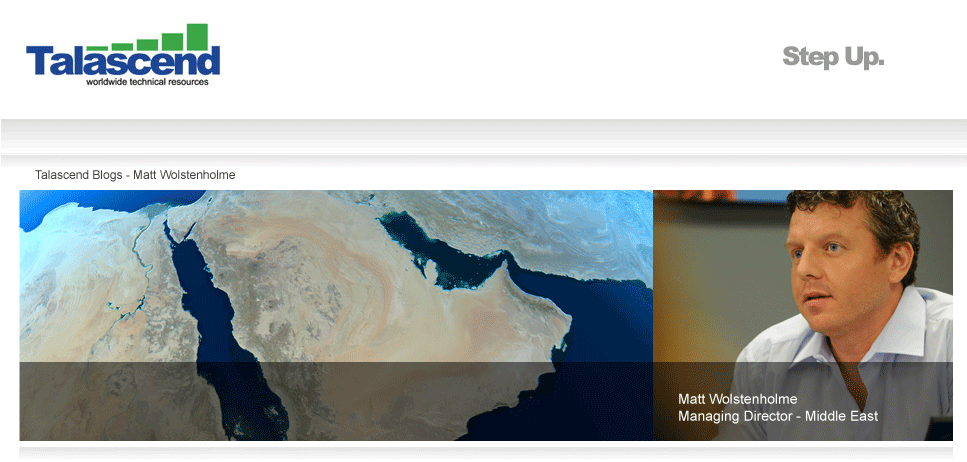 |
| Dune bashing is a unique desert safari not to be missed. |
Now if you’re a typical Westerner, you’re probably thinking I am mad.
Your mental image of the region may include mostly sand dunes, heat and oil
fields; all of which are here, but the region has so much to offer when the
workweek is done.
Here’s my list of 5 great ways to spend weekend days and nights in Abu Dhabi (and most other modernized cities in the region):
- Finish work and head for the pub - In Abu Dhabi there are literally over 100 bars, pubs and snack hangouts. Most of them can be found in hotels or at sporting facilities as they are generally granted licenses to sell alcohol. From English-themed old timey pubs to raucous sports bars to upscale dining to dancing you can find it all here. What’s even better is the fact that there is some much diversity among the expat population, there is a pub to make almost anyone feel like they’re not far from home. A typical night out for a meal and some drinks for two will run you about Dhs300 (EUR65, GBP50, USD80). If you’re a bachelor or bachelorette, halve that.
- Golf - Some of the world’s top golf courses can be found between Dubai and Abu Dhabi. In fact, the European PGA Tour season makes a stop at the beginning of the season in Abu Dhabi and culminates in Dubai with the championship. There are tournaments sprinkled in throughout the season as well including a stop in Qatar. The Abu Dhabi municipal course is the most affordable at around Dhs90-119, and the PGA calibre courses will run you almost Dhs700 for a weekend round. (If you’re an avid golfer, it’s worth it: at least once. Although, if you’re a bad golfer it might cause you fits!)
- Water sports/beaches - Abu Dhabi and many of the regions modern cities are on the coastline giving easy access to sea related activities. Kite surfing has caught on big here with the steady coastal winds powering enthusiast as long as they can last. Sailing and sail boarding are popular as well for the same reason; there are very few days when the wind isn’t sufficient enough for an amazing time on the water. Deep sea fishing, jet skiing, you name it; you’ll find it in the modernized coastal cities. (A word of caution though; do not wear your beach attire anywhere but the beach. It’s somewhat insulting to wear shorts in public as it is a bikini at a public beach. Ladies, if you prefer to wear western beach attire, it is generally a good idea to get a membership at a private or ladies-only beach club. It is the safest and best bet for women, especially if they are alone.)
- Dune bashing - A huge favourite amongst the expat crowd, dune bashing is an adrenaline junkies’ best friend. Hop in a 4WD vehicle and spend half the day playing in the sand adult style. There are many tour companies that rent out vehicles. Beginners may want to pay a little extra for the tour guide because, if you get stuck in the soft sands of the region, you need to know how to get unstuck. You can also take time out for some sand skiing during your adventure. (Just make sure you have someone to fetch you up from the dune’s bottom unless you enjoy climbing a mountain that moves under your feet with every step.)
- Brunch -A Middle East favourite amongst the expat crowd is brunch. This is one’s chance to eat yourself silly and drink the afternoon away; all in a 5-star hotel. Food choices range depending on the hotel. From grilled prawns and fresh oysters to Middle Eastern to Indian to Japanese and beyond. Some of the most delicious entrees I’ve eaten in my lifetime have been courtesy of a weekend brunch (and some entrees that were not so delicious). The hotels attract chefs and culinary masters from the world over. Prices generally range from Dhs90 (without beverage service) and Dhs225 with house pours included.
I am tired just thinking about it all. Have fun. Be safe. And most of
all; enjoy all of the adventures a weekend in the Middle East has to offer. I’d
like to invite and encourage my readers to share some of the things you like to
do or some of your favourite places to pass your off-time away.



